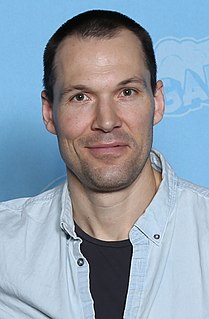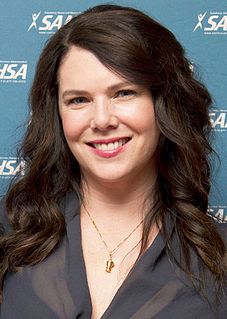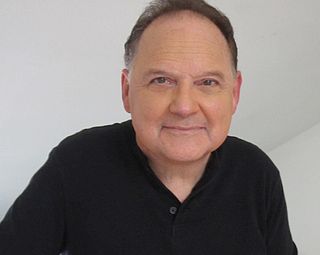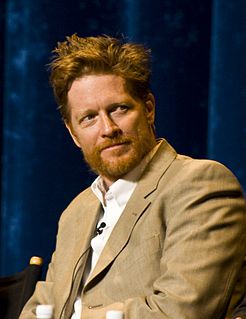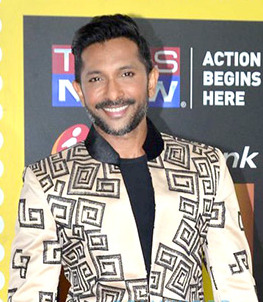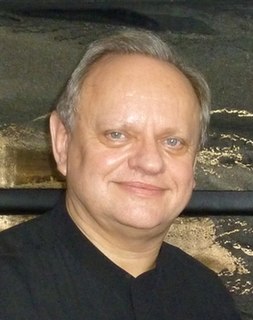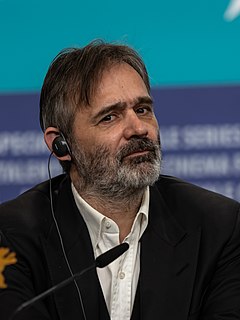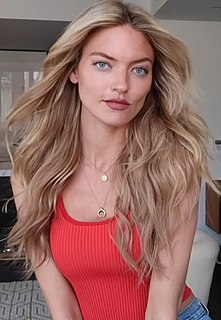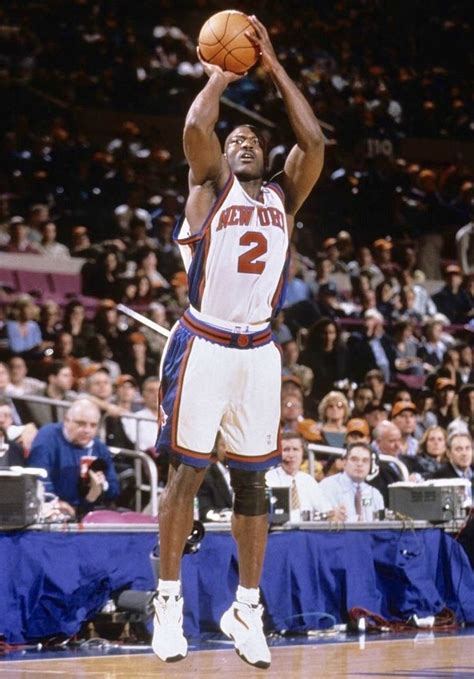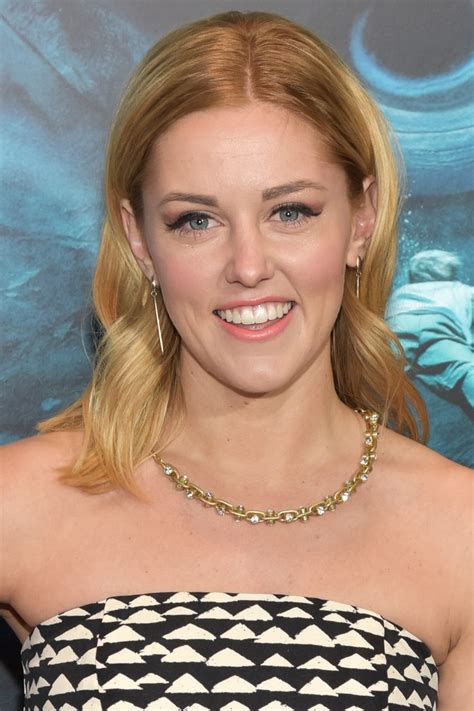A Quote by Dean Ornish
When most people think about my work, they think about diet. To me, diet has always been the least interesting part of it.
Related Quotes
People always talk about how diet is such a massive part of training, but they think that if they cheat all the time they can somehow out-do the damage in the gym. The key is to keep it balanced and stay on the diet and do the hard work, and when you push through your body will really start to respond.
Every year, there is a new diet that all the celebs or housewives are trying. We all want the perfect diet or the perfect pill. If we surveyed a million women, and they could choose to learn the truth about God or the foolproof diet, I guarantee more women would pick the miracle diet over the miracle of life.
In restaurants across America we see Latino workers in the kitchen who are being paid substandard wages. The saddest thing to me is that if we think about these workers, these are the people with the least access to good food. Yet they're often suffering from the highest rates of obesity and diet-related illnesses.

